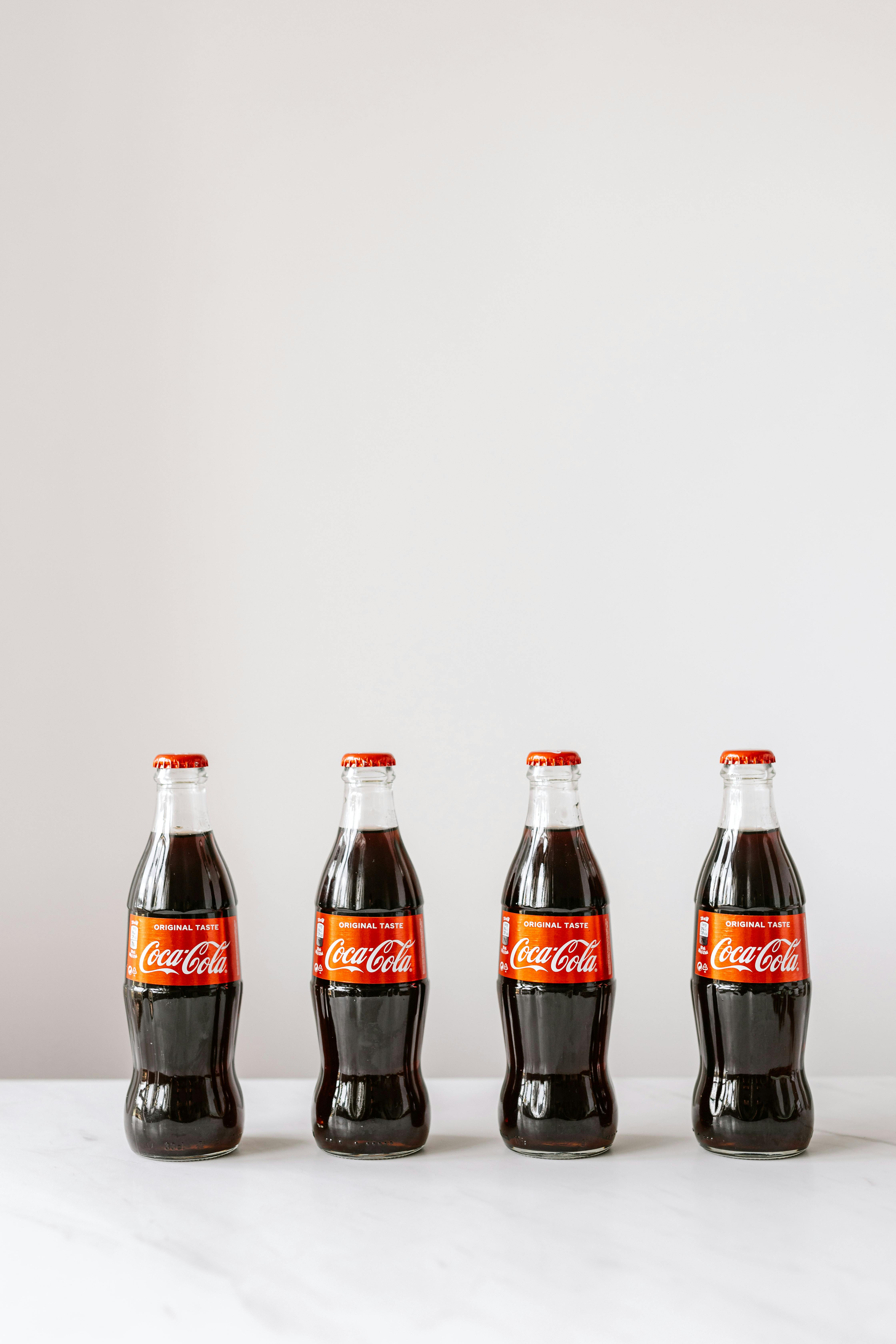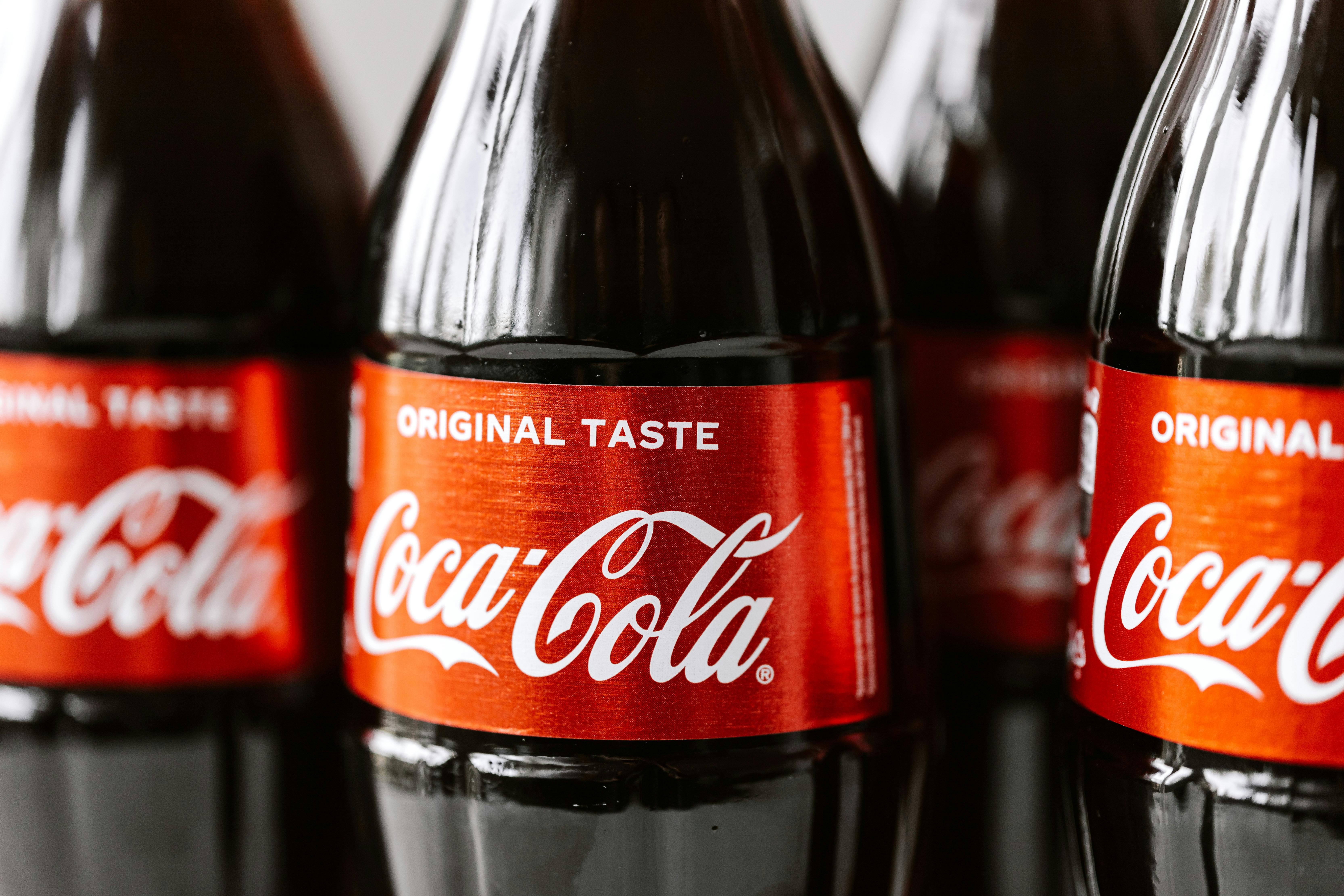Contents
Does the Taste of Classic Cola Differ from Diet Cola?
The debate between classic cola and diet cola has been going on for years, with many people wondering if their taste differs significantly. While it’s true that diet cola is intended to taste like classic cola, there are some subtle differences. The main difference between classic cola and diet cola is in the sugar content; classic cola contains added sugar, while diet colas use artificial sweeteners such as aspartame or sucralose.
The difference in sugar content leads to different tastes. Classic colas have a slightly sweeter taste than diet versions, while diet versions tend to be slightly more acidic. Since artificial sweeteners are more potent than regular sugar, the sweetness of diet soda can be overpowering for some people.
Another difference between classic and diet sodas is in their carbonation levels. Diet sodas tend to be less carbonated than their regular counterparts, resulting in a less bubbly and intense beverage. Some people prefer the lighter carbonation of diet sodas, while others may find them to be too flat-tasting.
Finally, there can be variations between brands of classic and diet sodas. Some brands may use different ingredients or have different recipes that can lead to unique flavors not found in other brands.
Overall, there are some subtle but noticeable differences between classic and diet sodas. Classic sodas tend to be sweeter and more carbonated than their diet counterparts, while also having variations between brands that create unique flavors. Despite these differences, many people still enjoy both types of soda for their own reasons!

Are There Any Nutritional Benefits to Drinking Classic Cola?
Classic cola, like many other soft drinks, is an energy-dense beverage that is high in sugar and calories. Unfortunately, these types of beverages have few nutritional benefits. Although some colas contain small amounts of vitamins and minerals, such as phosphorus, the amount is so insignificant that it does not contribute to your daily nutrient intake significantly.
The main ingredients in classic cola are carbonated water, sugar or high-fructose corn syrup, caramel colouring, caffeine and natural flavouring. None of these ingredients provide any nutritional value. Furthermore, regular consumption of classic cola has been linked to health risks such as obesity and type 2 diabetes.
In comparison with other beverages such as fruit juice and milk, classic cola has much less nutritional value. Fruit juice contains vitamins A and C as well as other essential nutrients such as potassium and magnesium. Milk is a good source of calcium and protein. Therefore, if you are looking for a beverage with nutritional benefits then it is best to avoid classic cola altogether.
Are There Any Nutritional Benefits to Drinking Diet Cola?
Drinking diet cola has become a popular choice for those looking to reduce their calorie and sugar intake without sacrificing the taste of a classic soft drink. While it is true that diet sodas do not contain any calories or sugar, there are few other nutritional benefits associated with them. Diet colas are typically made with artificial sweeteners such as aspartame, saccharin, and sucralose that may have some health benefits.
Artificial sweeteners have been extensively studied and are generally considered safe for human consumption. Aspartame in particular has been linked to reductions in body weight, fat mass, and cholesterol levels when consumed over an extended period of time. Saccharin has also been found to increase satiety and reduce food intake when used in place of sugar.
That being said, diet sodas should still be consumed in moderation as they can be high in sodium and contain other artificial additives that may not be beneficial for your health. Furthermore, artificial sweeteners may not be beneficial if consumed in large quantities as research suggests that they can potentially lead to metabolic syndrome and type 2 diabetes. Ultimately, it is important to consider your individual needs when deciding whether or not to drink diet cola on a regular basis.
In conclusion, while there may be some potential health benefits associated with drinking diet cola, it is important to remember that moderation is key when consuming any type of food or beverage. Additionally, it is wise to speak with your health care provider before making changes to your diet or lifestyle.
Carbonation Affects the Taste of Classic and Diet Colas
Carbonation is the process of adding carbon dioxide to a liquid, usually to create a bubbly, effervescent beverage. Carbonated drinks are popular worldwide, and have been for many years. Classic colas, such as Coca-Cola and Pepsi, are some of the most widely consumed beverages in the world. Diet colas are becoming increasingly popular as well, with many people preferring the taste and fewer calories of these drinks. Carbonation affects both classic and diet colas in different ways.
When it comes to classic colas, carbonation adds a range of flavors that add complexity to the overall taste. The carbon dioxide combines with the sugar in these drinks to form carbonic acid which gives classic cola its signature tangy taste. This acidity is also responsible for the distinct bite or “fizz” that one feels when drinking them. The bubbles created by the carbon dioxide also give a refreshing sensation on the tongue when consuming classic colas.
In contrast, diet colas rely on artificial sweeteners to make up for the lack of sugar found in regular colas. These sweeteners react differently with carbon dioxide than sugar does and can create a different flavor profile than classic colas. Additionally, diet drinks often contain other ingredients such as preservatives which further affects their taste when combined with carbon dioxide. The bubbles created by carbonation tend to be more subdued in diet drinks than in classic ones due to their lack of sugar content, giving them a smoother mouthfeel when compared to regular colas.
Overall, the effects of carbonation on both classic and diet cola can be quite different depending on their ingredients and how they interact with each other when combined with carbon dioxide. While both types of beverage can be enjoyed for their unique tastes, it is important to note that each will have its own distinct flavor profile due to their differing makeup when it comes to adding carbon dioxide into them during production.

Conclusion
Classic Cola and Diet Cola are two of the most popular colas in the world. They have different tastes and ingredients, but both offer a delicious and refreshing experience. Classic Cola has a sweeter taste than Diet Cola and contains more sugar, while Diet Cola has fewer calories and less sugar. While both types of colas provide an enjoyable experience, Classic Cola may be a better choice for those who prefer a sweet taste, while Diet Cola may be better suited for those who are looking to reduce their calorie intake. Ultimately, it is up to the individual to decide which type of cola best suits their needs.
No matter which type of cola you choose, you can enjoy a refreshing beverage that will satisfy your craving for something sweet or bubbly.
0 Comments